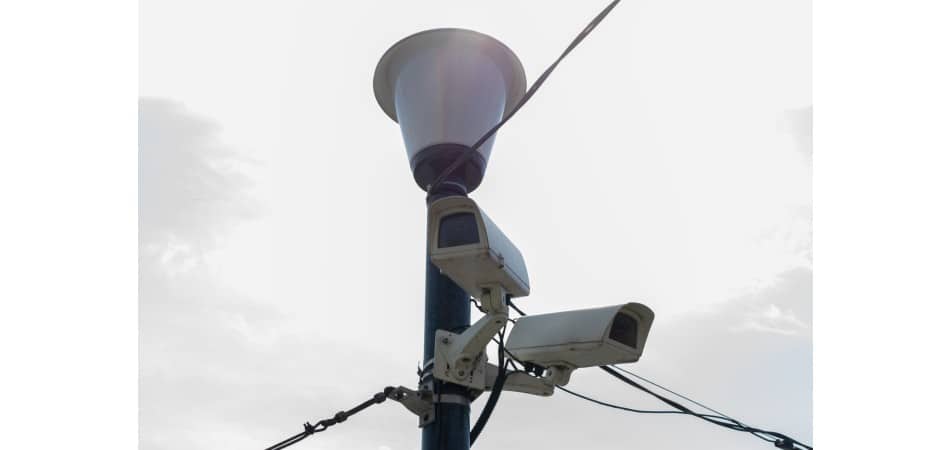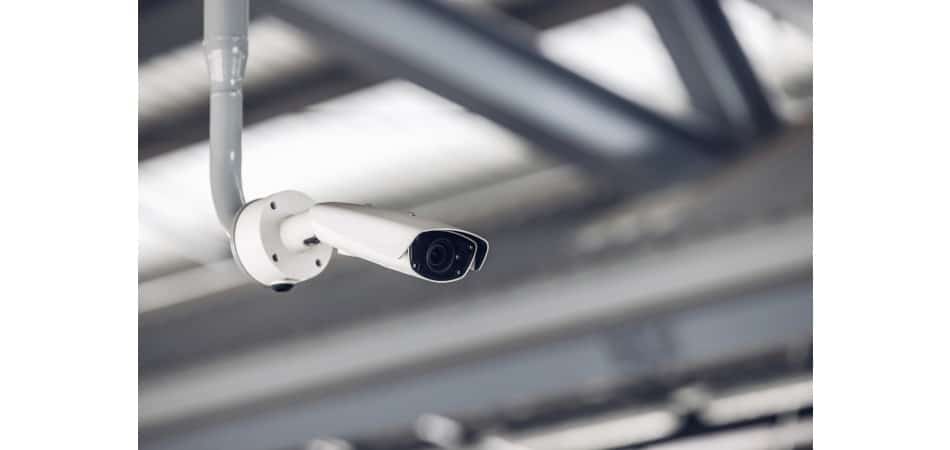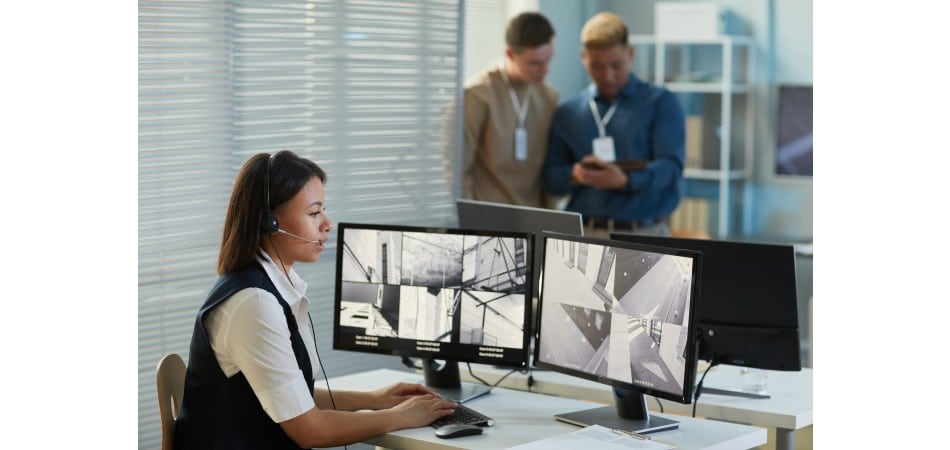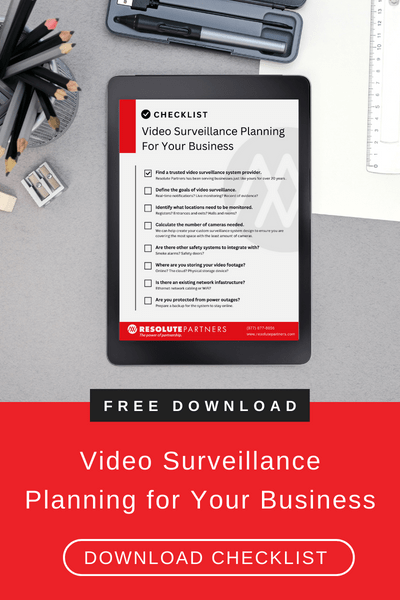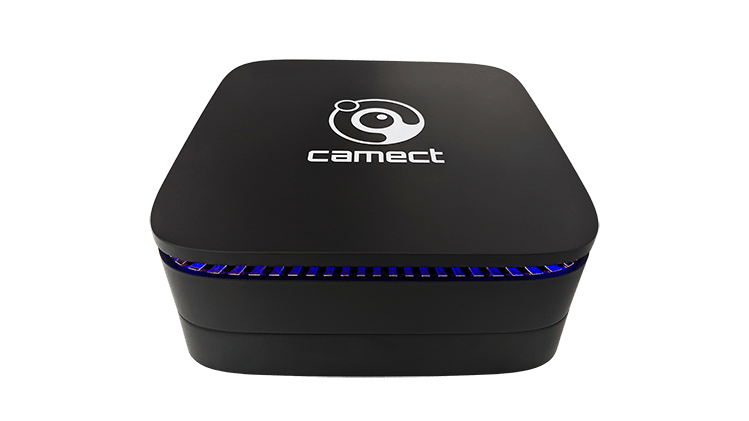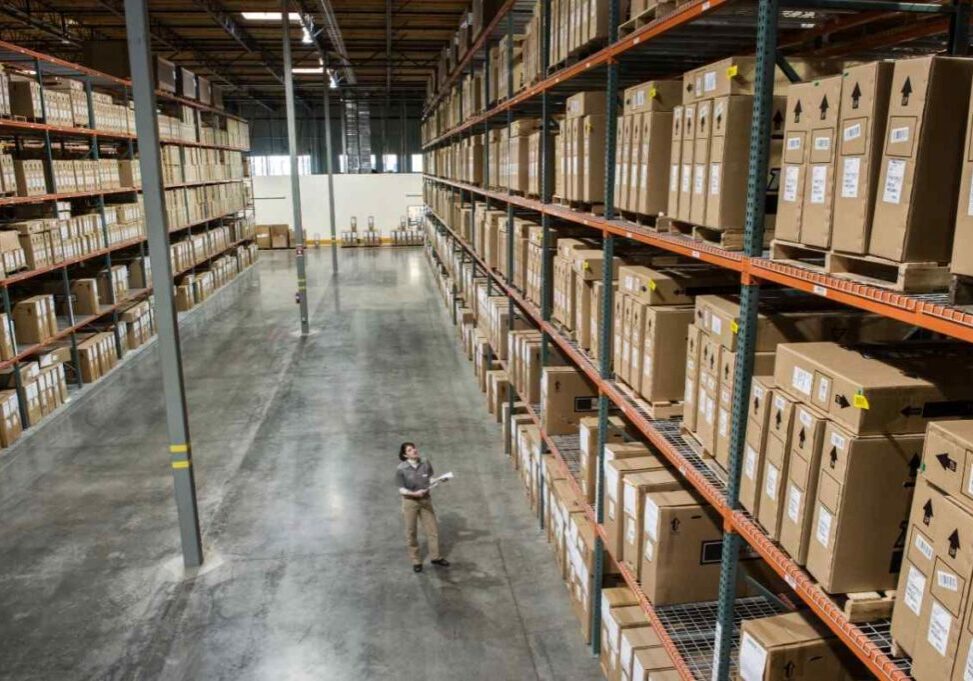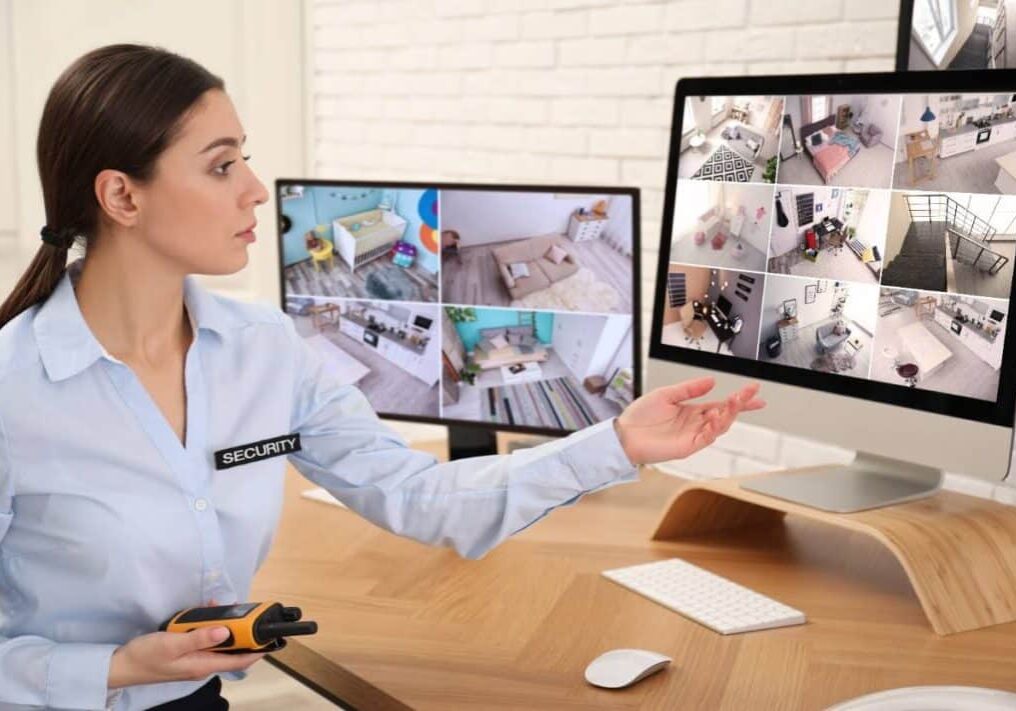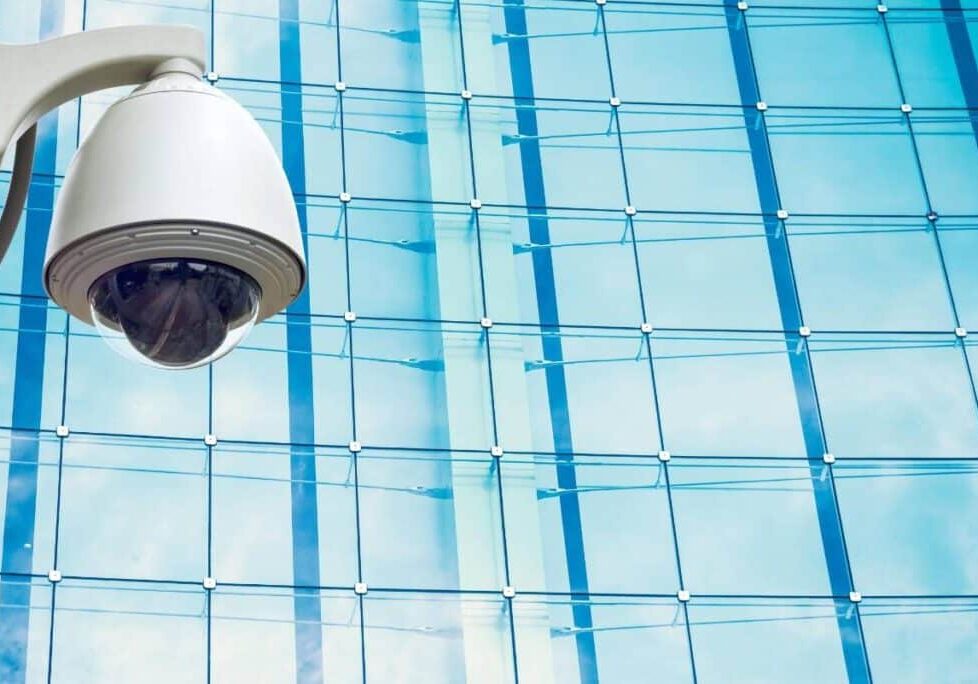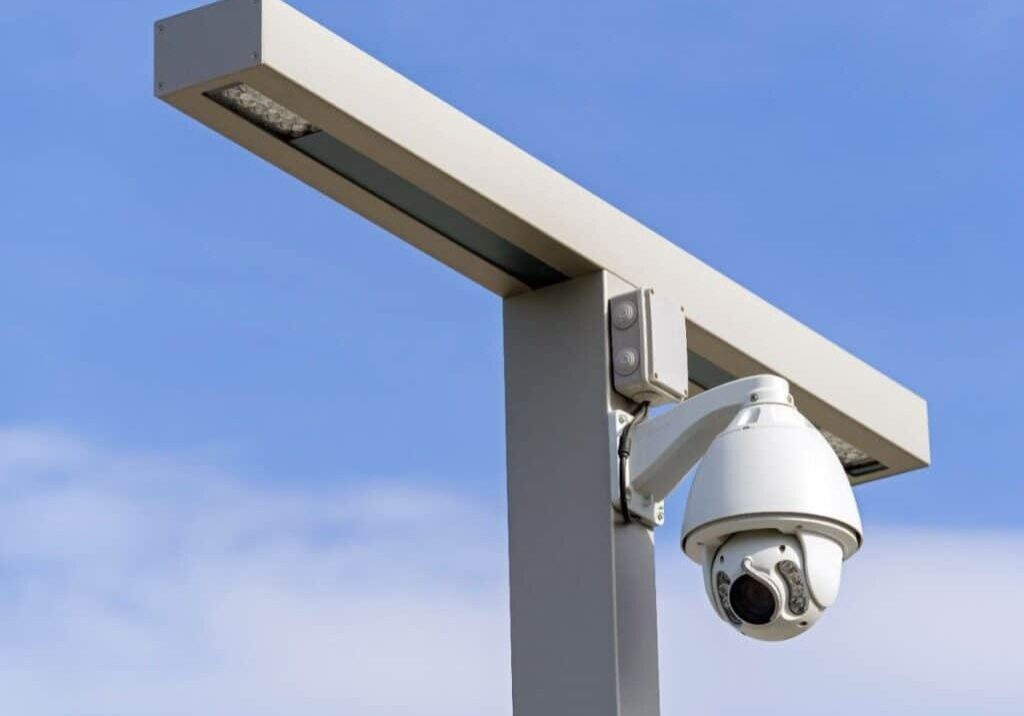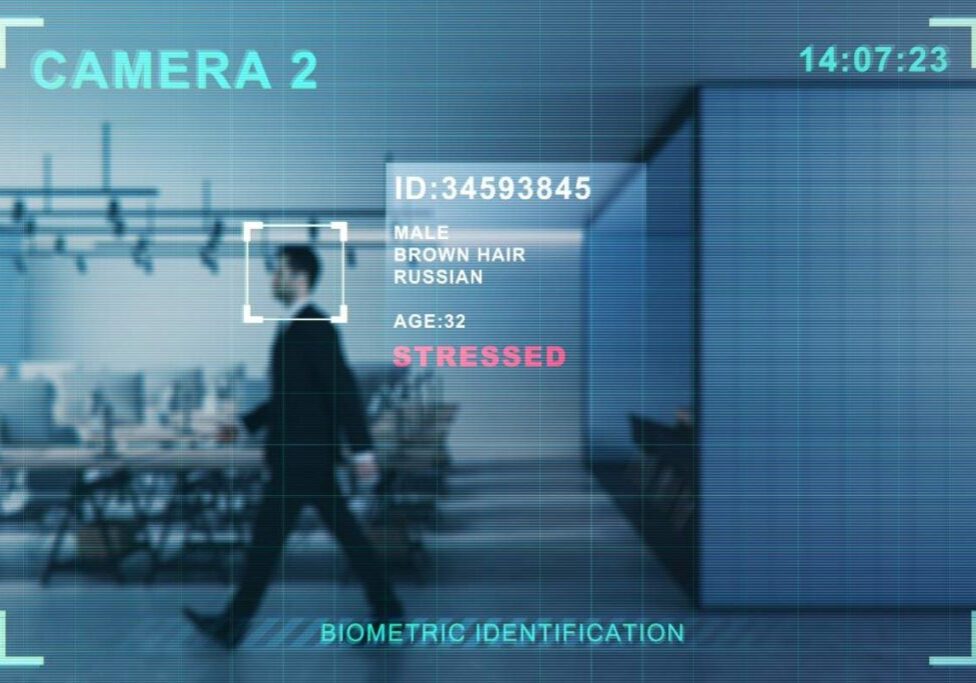Summary:The contemporary security solutions are changing the manner in which companies secure their assets and individuals. Modern systems are more proactive and efficient, besides providing better image quality, storage, AI analytics, and remote monitoring. Another use of Video Surveillance as a Service (VSaaS) that is being discussed in the article is the provision of affordable, easy-to-use protection. Supported by the strong network infrastructure and IoT integration, Resolute Partners provides smart, versatile, and secure surveillance systems in various industries.
Technology continues to evolve, and as much as these changes are exciting, they have also transformed the method of perpetrating crime. Those who possess more sophisticated tools tend to generate more sophisticated threats. This is among the reasons why security cameras are considered a highly viable measure by most companies today to ensure their surroundings, staff, and resources are safe.
Security cameras are usually mixed up with CCTV systems (Closed-Circuit Television). They can be named the same way; however, they cannot perform the same functions.
Security cameras are usually used in offices, shops, or the private part of a place so as to observe the day-to-day activities and the interactions of the customers. On the other hand, the main places where the surveillance cameras are installed include parking lots, entry points, and stairwells to check for any possible crime and prevent it.
Their primary roles are two. This will be dependent upon what kind of protection you would desire and how much surveillance you would need.
How Do Surveillance Cameras and Security Cameras Compare?
Security CCTV systems are very crucial in the monitoring and controlling access, both in the private and public sectors. When a business is thinking of making its choices, it is of great importance to know the difference between the choices. The following are the most important things to keep in mind:
Image Quality
Security surveillance solutions are primarily intended for live viewing and therefore have lower resolution and poorer image quality compared to security systems that record and monitor. Such cameras usually have a resolution of 720 x 576.
- On the other hand, the images provided by the security cameras are very clear, vivid, and sharp as they are high-resolution. The resolutions primarily vary in cost as well as the purpose: 1920 x 1080 and 4K. The enhancements include a wider viewing angle due to the increased resolution, a closer zoom, and improved low-light performance.
Power Supply
- Surveillance cameras are generally wired with COAX cable, which provides a constant power supply to the cameras. Alternatively, they can be connected to an outlet or power adapter.
- To the contrary, security cameras are typically powered by Category 5/6 Power over Ethernet (PoE) data cabling, or they can be connected through a wireless connection. The power source can be batteries or solar power. The installation of the cameras is wireless; hence, they can be moved to various places without being tied to a power source, although they may require recharging after a while or replacement of batteries.
Storage
- Security surveillance cameras record footage to a Digital Video Recorder (DVR), which is greatly appreciated as it ensures there is ample storage space and that recordings are retained over an extended period.
- Besides the old version of using a hard disk as a storage device, security cameras may also use other forms of storage devices, including memory cards, cloud storage, or Network Video Recorders (NVRs), to save their videos.
Cost
- Since this type of storage is also via the internet, it is possible to view and download the footage remotely and from any place as long as one has an internet connection, hence more flexible and more accessible.
- In addition to the traditional method of hard-disk recording, security cameras can also utilize alternative storage options, such as memory cards, cloud storage, or Network Video Recorders (NVRs), to store their videos. In addition, this storage method through the internet facilitates remote viewing and downloading of the footage from anywhere with an internet connection, thus providing more flexibility and better accessibility.
Usage
- Surveillance cameras have a wider coverage of an area, and are usually placed on ceilings or tall walls. This is why they are adequate in terms of the control and monitoring of office buildings, parking lots, and expansive areas.
- Security cameras can be placed where CCTV cameras are, and they are also ideal for highly secure areas, such as stores and casinos. They play a part in the security system by alerting, monitoring, and recording the access of people and vehicles.
Primary Features of Surveillance Cameras Compared to Security Cameras
When it comes to choosing surveillance and security cameras, it is essential to weigh several factors to ensure that the system meets the requirements of your business. Here’s a detailed overview of the critical features of each:
24/7 Security with Live Video Monitoring
- Surveillance cameras are often employed to conduct round-the-clock surveillance, which might or might not be accompanied by professional live monitoring.
- Cameras are also commonly included in the systems that provide live video monitors, which can be used by both large and small firms. These systems can be monitored by trained personnel during the nights and weekends, hence giving full round-the-clock coverage.
AI & Video Analytics
- Cameras used in surveillance do not have sophisticated AI behavior and can have simple motion detection and alert capabilities.
- The security cameras have AI-based software and video analytics, which are able to identify suspicious objects and activities. Such systems send real-time signals to operators to prevent and react promptly. The typical ones are predictive analytics, facial recognition, and hidden weaponry.
Smartphone Compatibility
- Even though surveillance cameras are usually compatible with smartphones, in advanced systems, remote management capability is not always the same for all devices.
- Security cameras are available on any device, including smartphones, tablets, and desktops, thus enabling the business owner to watch the premises remotely from anywhere.
Proactive Deterrence and 24/7 Protection
- The main purpose of surveillance cameras is to keep and view the images later, rather than acting as an immediate deterrent to crime. However, their contribution to the security of an area is considerable.
- In contrast to the security cameras, which actively guard the area by notifying of alarms and real-time tracking. They allow immediate response to any suspicious activity, thus ensuring that the security is not interrupted during the day.
Advanced Security Cameras
The surveillance and security cameras are available in different types to suit the various needs, such as:
- Thermal Cameras: The cameras can identify heat, and, thus, they can work in low-light conditions.
- HD Cameras: These ones have high definition video quality.
- Dome, Bullet, Multisensor, Panoramic Tilt-Zoom, Corner, and Dual Head Cameras: Each of these has its own unique features that are specific to a particular application, whether it is a large area of coverage or a covert location.
Technical Support and Installation
- Installation: The installation task should be done by certified, licensed, and insured contractors who comply with both high and low-voltage work with the local codes and standards.
- Training: The training program is a blend of individual sessions, the online providers of the manufacturers, and the periodic refresher course that is aimed at sustaining the competence and knowledge of the users.
- Technical Support: The technical support services entail customized web portals, 24-hour live video surveillance, and prompt emergency attention to ensure round-the-clock maintenance and support.
Video Surveillance as a Service (VSaaS)
- Surveillance Cameras: They are typically integrated into a managed video surveillance system, which consists of system equipment, software, video surveillance, monitoring services, video surveillance storage, cybersecurity, equipment maintenance, and technical support, all at a flat rate of a monthly fee. The service will save the business money as it does not require in-house IT and security employees.
System Management and Upgrades
- Surveillance Cameras: Despite their ability to provide professional-grade installation and upgrades, these systems are less integrated with other security systems and have lower scalability compared to advanced security systems.
- Security Cameras: Systems designed with cutting-edge network engineering expertise ensure secure and efficient security networks. They can manage extensive installations and upgrades, thereby offering highly customized solutions tailored to the organization’s needs.
Which One Should You Choose: CCTV or Security Cameras?
CCTV versus security cameras is often a case of particular needs and personal preferences, so these two options should be compared and contrasted regarding their advantages and disadvantages. Let’s go through a few important matters to come up with the right option for your enterprise:
State the objective
- Security at the Very Top Level: Industry or high-security areas that rely on the most modern technology may already be using security cameras instead of simple CCTV, due to their AI-based advanced analytics, dependability, and high-tech remote viewing capabilities.
- Monitoring for General Purposes: On the one hand, installing a CCTV system throughout the office building would be a flexible and easy way to keep an eye on various activities in the open-area offices, outside the building, in the warehouse, and in the parking lot.
Consider Your Budget
- Limited Budget: CCTV Surveillance systems typically have lower installation costs, making them a more economical option if budget limitations are a concern. Additionally, their maintenance and security costs are lower due to the limited analytics they possess.
- Higher Budget: Makers of a larger budget and more sophisticated security requirements will be rewarded with the higher resolution, advanced AI features, and the overall best quality security cameras. A number of these systems present in-depth features, including cloud or on-premise video storage, and regularly scheduled software updates are a must for maintaining network security.
Drive Efficiency with Leading-edge Network Solutions with Resolute Partners
Since 1997, Resolute Partners has been leading the charge in the U.S. with its advanced network solutions and services in different industries. Our experience spans not only education, healthcare, hospitality, industrial, military, defense, and multi-family residential sectors, but also ensures that every client’s specific requirements are met with utmost care and quality.
Key Features of Resolute Partners’ Services:
Video Security Services:
AI-Driven surveillance systems: The most intelligent video surveillance and security systems at our company are the result of state-of-the-art technology in their design and installation. Comprehensive support for remote security camera monitoring is provided through our full-service Video Surveillance as a Service (VSaaS) and live video monitoring.
WiFi Network Solutions:
High-Reliability Networks: We establish secure and cost-effective WiFi networks for staff, customers, and guests. Our network solutions are ideal for a wide range of establishments, including schools, hotels, hospitals, and even military bases.
IoT Integration Services:
Advanced IoT solutions: We provide, install, connect, and integrate IoT devices using the best technology for wired and wireless networks, including those that monitor environmental conditions, power, safety, and security applications, thereby enabling smooth and safe operations.
Energy Management Systems:
Environmental monitoring: The Energy Management Systems we provide help monitor environmental network equipment and system loads, providing continuous support for optimizing energy usage.
Government Cybersecurity Solutions:
Mission Asset Security: Our offer includes advanced cybersecurity services and information security engineering for government agencies, encompassing the design and securing of mission assets within the Federal Risk Management Framework.
Government Network Services:
- Reliable and secure networks: We engineer secure, encrypted, and cost-efficient networks that comply with DoD and Federal Government Network Security requirements, utilizing FIPS, NIST, and RMF standards.
Discover how Resolute Partners can elevate your business with our comprehensive network solutions and services. Contact us today to request an assessment or learn more about our services.
FAQs
Proactive surveillance is what surveillance cameras are commonly intended to produce, and, in most cases, live video monitoring and AI analytics, as the principal features of the surveillance cameras, are the means of responding to it directly. However, on the other hand, a security camera is the converse of continuous recording, as it is more interested in recording and may not be sophisticated enough to monitor.
The use of surveillance cameras in various sectors, including retail, hospitality, healthcare, and government, has significantly increased with the adoption of AI to enhance their security, operational efficiency, and ensure the safety of people.
Image resolution requirements, flexibility of installation (wired or wireless), maintenance costs, and the required level of security of the particular environment should be considered by the businesses.
VSaaS will provide companies with a highly affordable solution that includes video storage, remote access, updates to the system, and technical services, all in one monthly package. Not only does it reduce the start-up expenses, but it also eliminates the need to possess a large IT infrastructure.
Resolute Partners is the one-stop shop that provides a variety of services, such as AI-based surveillance systems, encrypted wireless networks, Internet of Things (IoT) network integration, energy management systems, and solutions that can be used in government cybersecurity. It is our specialization that enables us to provide a unique and individual solution tailored to the needs of different industries, which must be granted the maximum security and efficiency.

Michael S. Blanco is the Chief Executive Officer and Co-Founder of Resolute Partners, LLC, where he leads strategic initiatives across various divisions. After owning family entertainment centers in New England, he co-founded Resolute Partners in 1996, launching the first Internet cafés for the U.S. Navy and partnering with AT&T for global deployment. A pioneer in wireless communications, Michael has expanded the company’s focus to include Energy Management/IoT, Cybersecurity, and Managed Video Security. He holds a degree from the Rochester Institute of Technology.
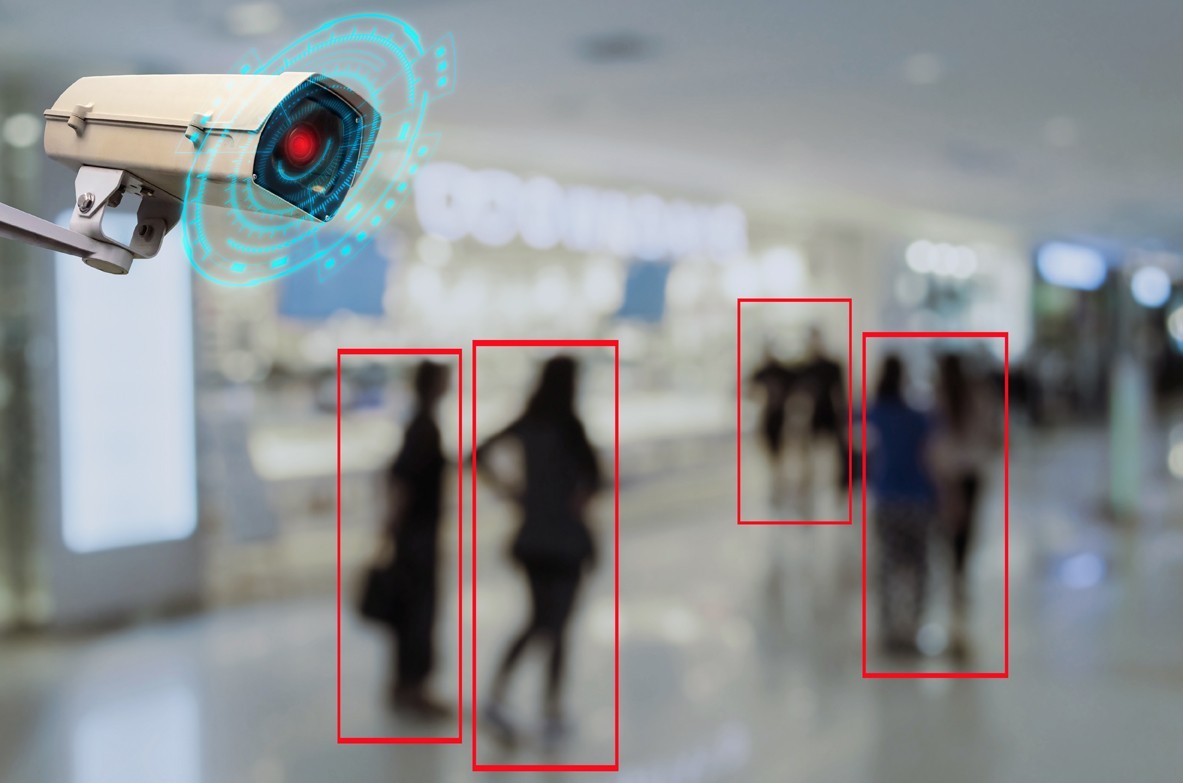
Stay up to date.
Subscribe for latest news, protection tips, special offers, and more!


